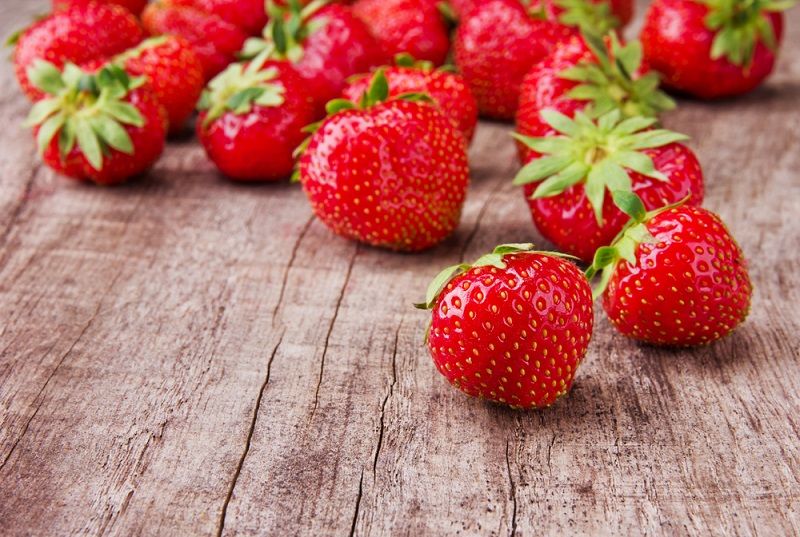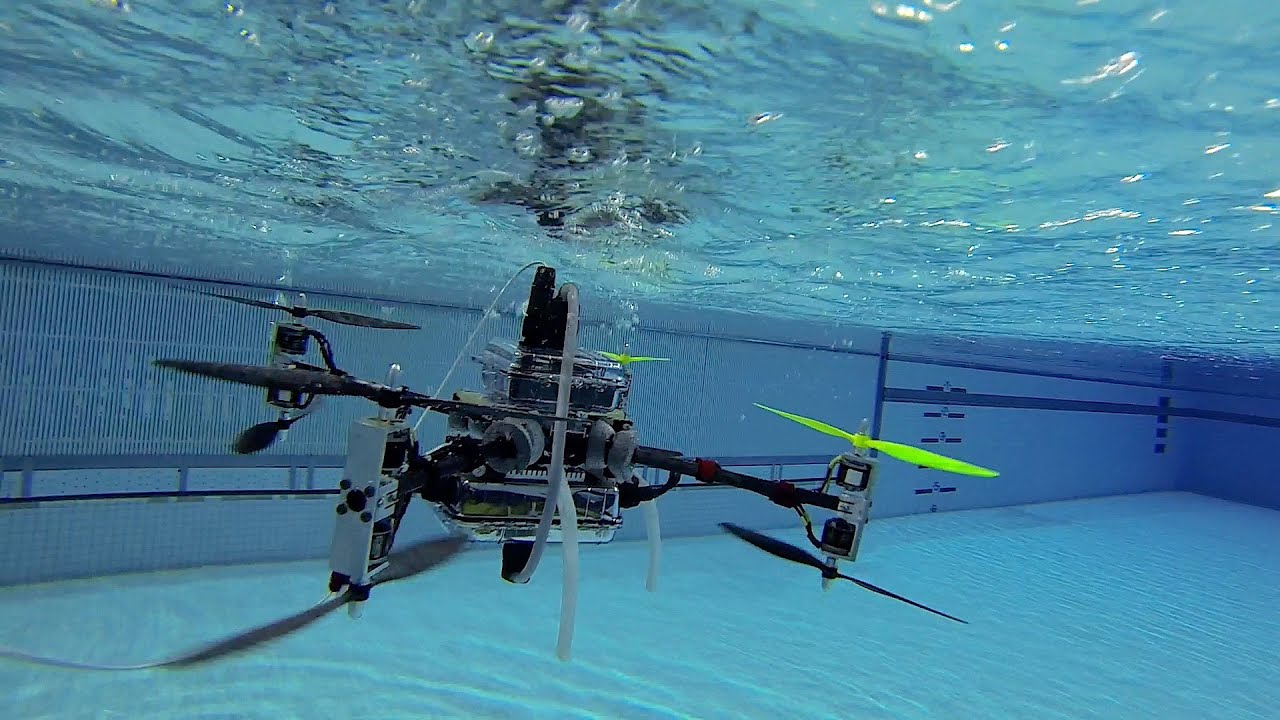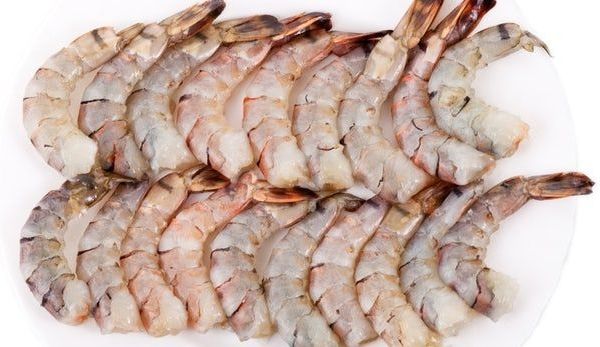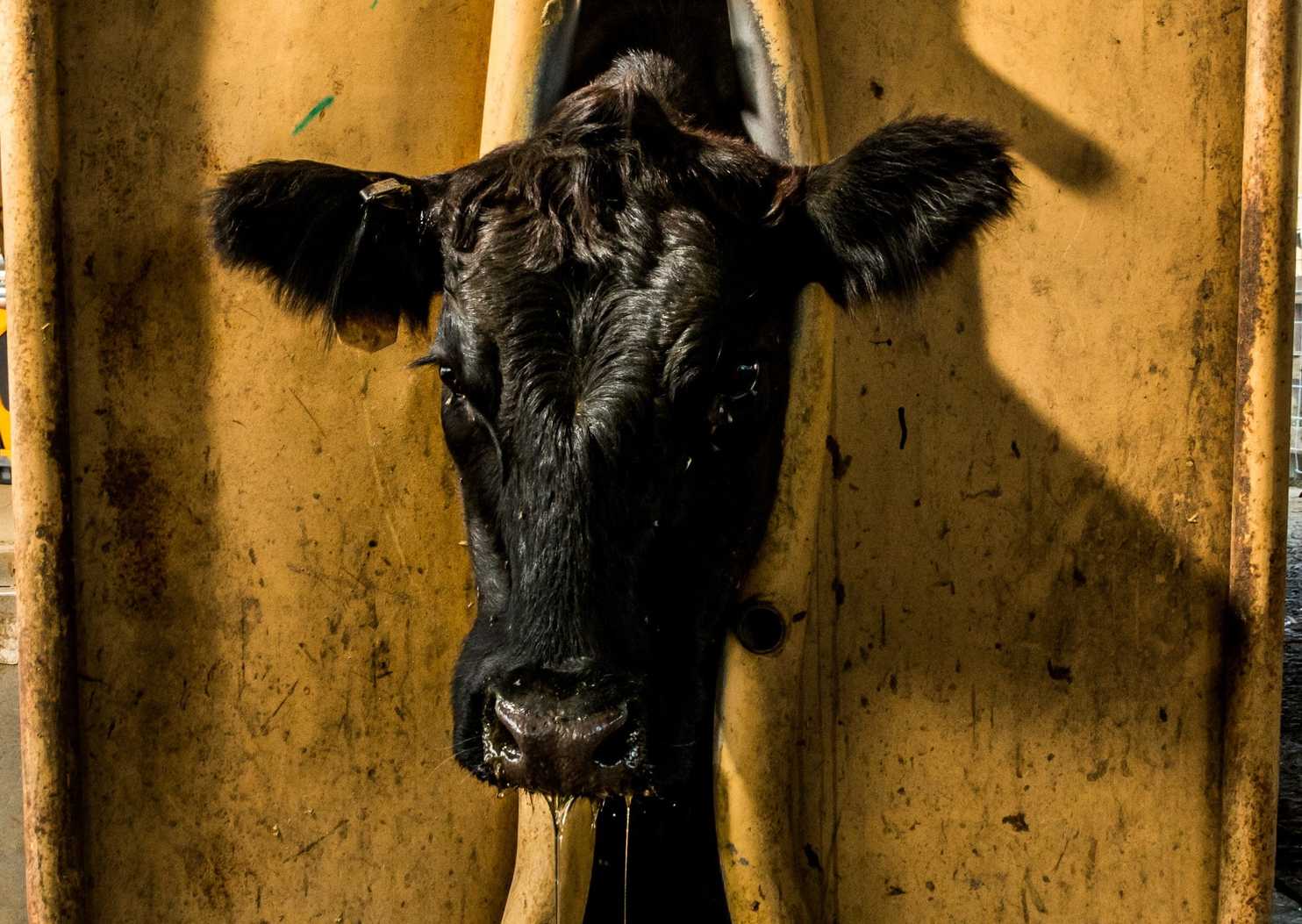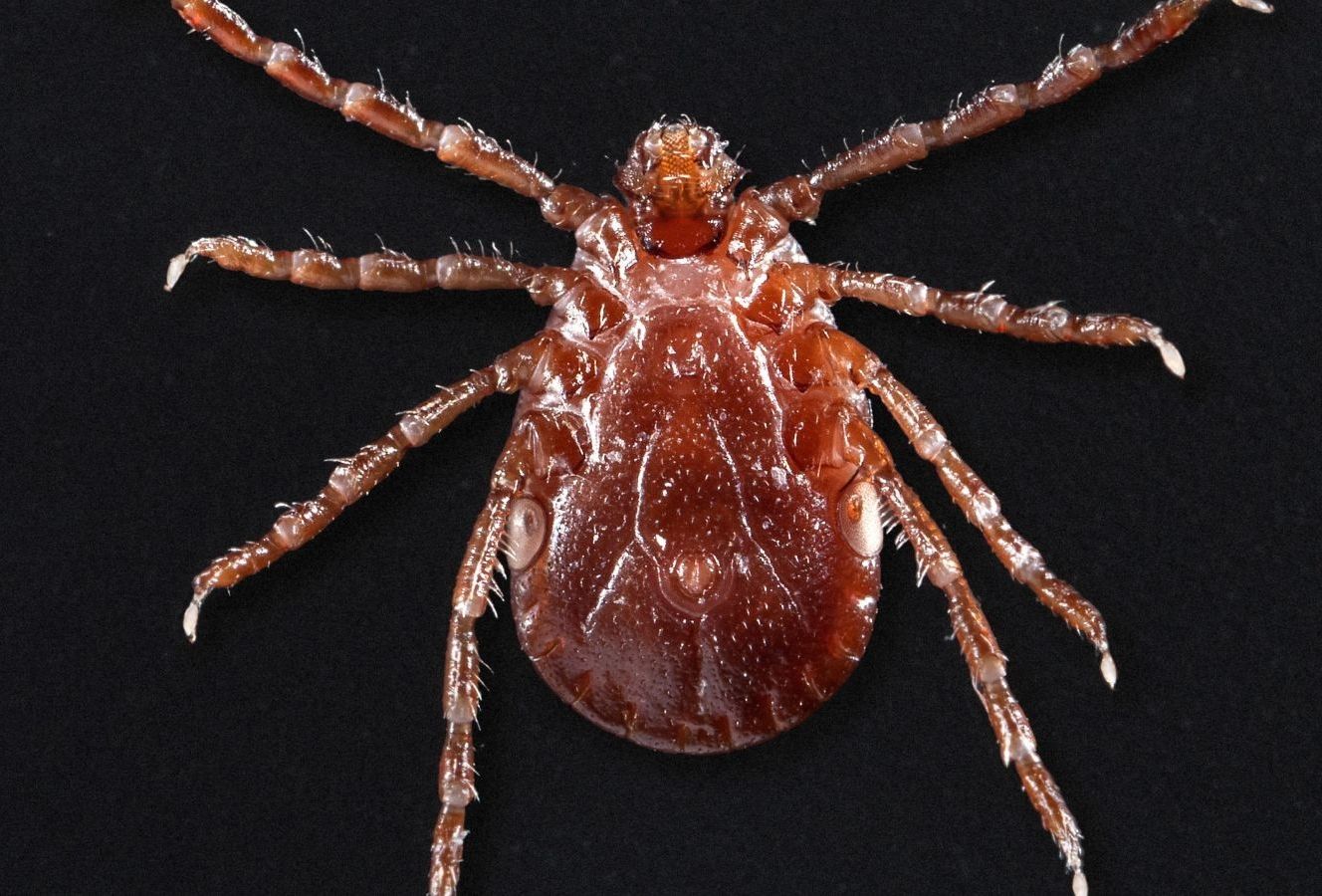Physics grappled with the question of whether space is absolute or relative for centuries, before deciding in favor of relativity. But, it is only in recent years that the brain sciences have begun to discuss a parallel set of questions. For many years now, absolute space has ruled neuroscience. In the visual system, for example, it has long been assumed that there are two channels of information flow.4 The first is the “what” channel, carrying information about the identity of objects that an animal sees. The second is the “where” channel, containing information about the absolute position of these objects. It was believed that the “what” channel contained no positional information at all. However, recent work has shown that while no information about the absolute position of an object is present in this channel, there is relative position information.5,6 This relative positional information is likely to be very important for object recognition.
The first pieces of the brain’s “inner GPS” started coming to light in 1970. In the laboratories of University College London, John O’Keefe and his student Jonathan Dostrovsky recorded the electrical activity of neurons in the hippocampus of freely moving rats. They found a group of neurons that increased their activity only when a rat found itself in a particular location. They called them “place cells.”
Building on these early findings, O’Keefe and his colleague Lynn Nadel proposed that the hippocampus contains an invariant representation of space that does not depend on mood or desire. They called this representation the “cognitive map.” In their view, all of the brain’s place cells together represent the entirety of an animal’s environment, and whichever place cell is active indicates its current location. In other words, the hippocampus is like a GPS. It tells you where you are on a map and that map remains the same whether you are hungry and looking for food or sleepy and looking for a bed. O’Keefe and Nadel suggested that the absolute position represented in the hippocampal place cells provides a mental framework that can be used by an animal to find its way in any situation—be that to find food or a bed.
Over the next 40 years, other researchers—including the husband and wife duo of Edvard and May-Britt Moser—produced support for the idea that the brain’s hippocampal circuitry acts like an inner GPS. In recognition of their pioneering work, O’Keefe and the Mosers were awarded the 2014 Nobel Prize in physiology or medicine. You’d think that this would mean that the role of the hippocampus in guiding an animal through space was solved.


